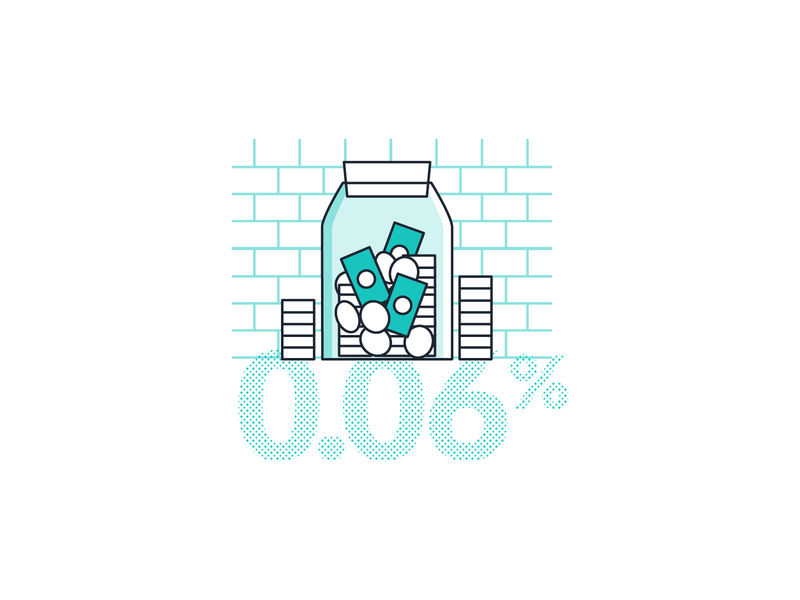The Financial Impact Of Back-Pedaling An Efficiency Bond
The Financial Impact Of Back-Pedaling An Efficiency Bond
Blog Article
Author-
When a guaranty problems an efficiency bond, it assures that the principal (the party who buys the bond) will satisfy their commitments under the bond's terms. If the principal falls short to satisfy these obligations and defaults on the bond, the surety is responsible for covering any losses or damages that result.
1. Loss of reputation: Defaulting on a performance bond can harm the principal's credibility and credibility, making it more difficult to protect future business or financing.
2. Legal and management costs: The guaranty may need to pay lawful and administrative prices associated with seeking the principal for damages or trying to correct the circumstance.
3. Financial losses: The guaranty might require to cover the price of finishing the project or giving the services that the principal stopped working to supply. This can lead to considerable economic losses for the surety.
4. Boosted costs: If the principal has a history of defaulting on performance bonds, they may be required to pay greater costs in the future to acquire the essential bonding.
In general, back-pedaling an efficiency bond can have severe financial repercussions for both the principal and the guaranty. https://www.levelset.com/news/biggest-concrete-contractors/ is very important for principals to very carefully consider their obligations and ensure they are able to fulfill the terms of the bond to prevent these negative outcomes.
Back-pedaling a performance bond can be an expensive mistake for companies. When you fall short to fulfill the bond's commitments, the monetary effects can be considerable. From paying the complete bond total up to prospective lawful battles and damaged partnerships, the effects can resound throughout your service procedures. Understanding the complex web of economic effects that defaulting on a performance bond can have is crucial for guarding your firm's monetary health and credibility.
Financial Penalties for Defaulting
If you back-pedal a performance bond, you'll likely encounter considerable punitive damages. These charges can differ depending upon the terms of the bond arrangement yet usually involve paying the bond quantity completely to the obligee. This implies that if you fall short to accomplish your contractual obligations, you have to pay the bond amount to the job owner or the entity that called for the bond.
Furthermore, you may likewise be accountable for any kind of added prices incurred by the obligee due to your default, such as locating a substitute service provider or covering project delays.
Back-pedaling a performance bond can likewise cause lawful charges and court costs if the obligee decides to take lawsuit versus you to recuperate the bond quantity. court surety can quickly add up, further intensifying the economic effect of your default. It's vital to very carefully examine and comprehend the regards to the performance bond to prevent these serious punitive damages.
Impact on Company Cash Flow
Defaulting on an efficiency bond can significantly influence your business cash flow, impacting monetary stability and functional capabilities. When you back-pedal an efficiency bond, you run the risk of losing the bond amount, which can be a substantial amount. This loss straight influences your cash flow, as you'll require to discover alternate resources of funding to cover the bond quantity. In addition, skipping can lead to boosted examination from sureties, making it tougher and much more pricey to safeguard bonds in the future. This can even more strain your cash flow as you might require to allocate added sources to fulfill bonding requirements.
The effect on your capital doesn't quit there. Defaulting on an efficiency bond can also result in task delays or terminations, bring about a loss of profits. In addition, the negative online reputation that includes failing can hinder prospective clients, even more minimizing your cash flow. Overall, back-pedaling an efficiency bond can have harmful results on your company's economic wellness and capacity to operate smoothly.
Legal Ramifications and Suits
Facing legal ramifications and potential lawsuits as a result of back-pedaling an efficiency bond can dramatically impact your business's credibility and monetary standing. When you back-pedal an efficiency bond, the surety company might take legal action to recover the bond amount paid. This could lead to costly legal fees, court expenses, and potential negotiations or judgments versus your business.
In addition, defaulting on an efficiency bond might bring about harmed partnerships with clients, subcontractors, and distributors, affecting your ability to protect future contracts. Suits arising from bond defaults can taint your organization's reputation in the sector, making it challenging to bring in new partners or clients.
Additionally, if the default causes a court judgment against your service, it might cause possession seizure or liens, additionally straining your monetary stability. For that reason, it's vital to recognize the legal implications of back-pedaling a performance bond and take positive actions to minimize the dangers entailed.
Final thought
As you face the consequences of defaulting on a performance bond, remember this: it resembles strolling a tightrope without a safety net. One wrong step can send you dropping into a monetary freefall, with no method to stop the autumn.
The punitive damages, capital impact, and lawful ramifications are all waiting to catch you if you slip up. So tread thoroughly, and constantly honor your commitments to stay clear of the extreme effects of default.
